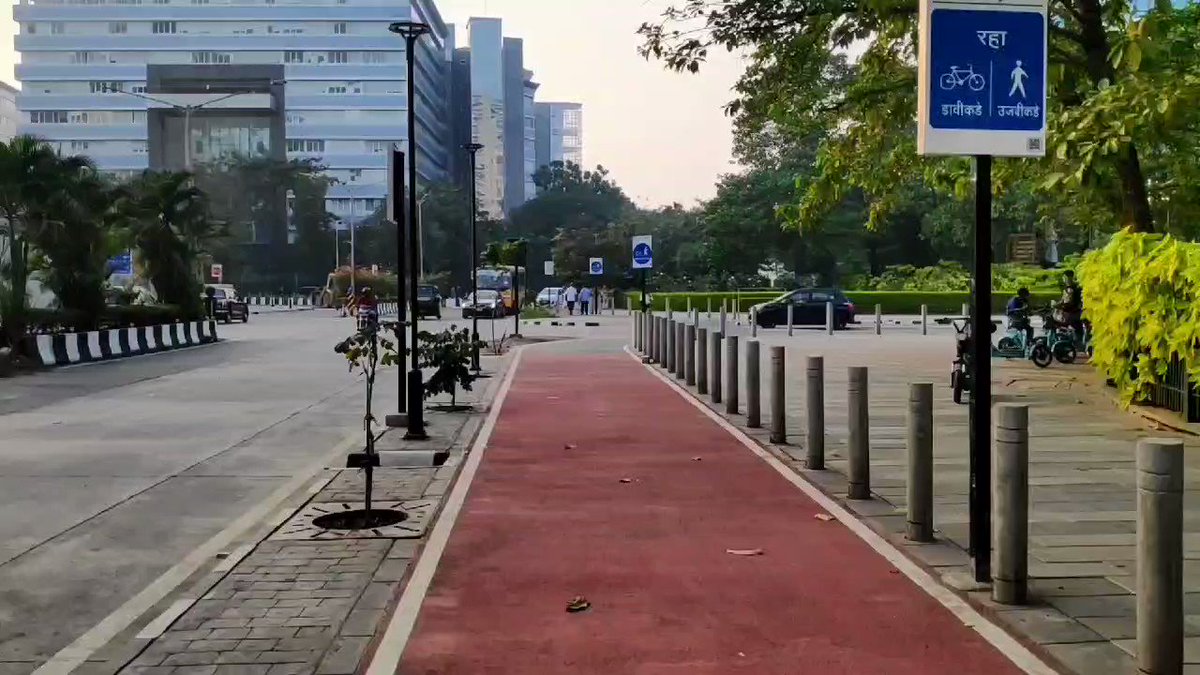
In the West Midlands, 41% of car journeys are under 2 miles a distance easily cycled or walked for many.įor a city steeped in manufacturing and motor history, we need to be careful that we don’t sleepwalk into an electrified version of the status quo. Buses, while contributing to poor air quality, do not make a dent on the impact made in Coventry by the use of private vehicles, many for short trips. The Local Air Quality Action Plan tackles the instruction from central government to clean up Coventry’s toxic air, in the form of NO2 one of the key contributing factors to air quality is diesel vehicles, especially private vehicles which carry the fewest number of passengers. Measures to enable cycling aren’t controversial like some would think there is a clear mandate from the public to reallocate space and change the ways our towns and cities work for people. New research released in July 2020 shows that 6.5 people are in favour of local measures to support cycling and walking for every 1 person against. Our famed ring road, the 20th century version of a city wall, acts as a huge barrier to people looking to travel to the city centre by foot or by bike.

I believe that many in Coventry want a change in direction that makes the city a welcoming place for people, not just machines. Car usage is nearly at pre-lockdown levels and, as a consequence, cycle trips are falling. As we’re told to return to work and restart the economy, old habits are back. In May, according to Strava Metro data, cycling trips in Coventry had doubled versus the same time in the previous year.ĭespite only a minority of people wanting to return to normal, that’s exactly where we’re heading.

While other transport modes plummeted, according to government figures, cycling saw a huge increase – as much as 200% in places. We rediscovered our local communities, re-evaluated the importance of neighbourhood and reconnected with the outdoors. It’s an incredible but believable stat given what we’ve all learned about ourselves and our communities during lock down.ĭuring months of incredible adversity, we caught a glimpse of what a greener, friendlier and more equitable future could look like.

Just 6% of people want to go back to the way things were, cites a recent YouGov poll.


 0 kommentar(er)
0 kommentar(er)
